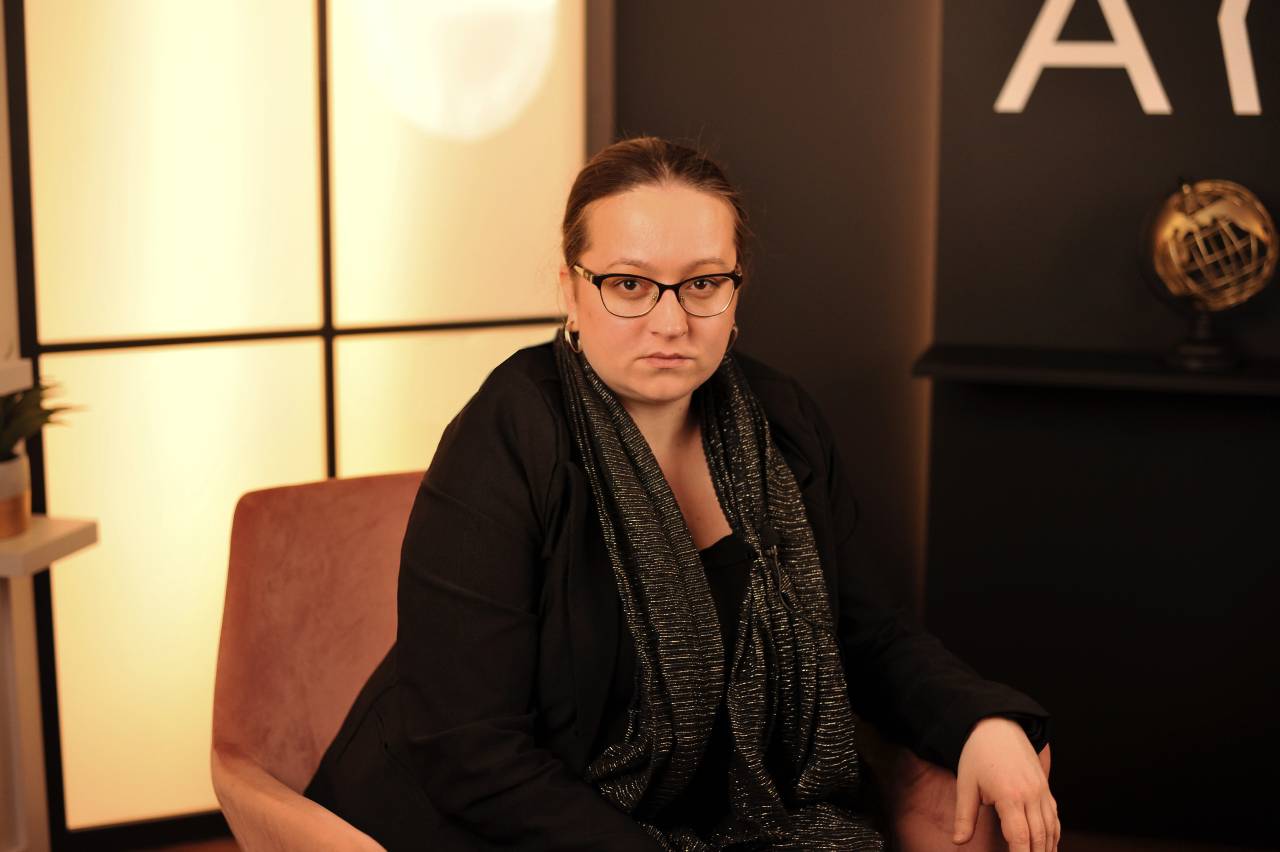The campaign for the local elections in Podgorica continues with the abuse of public resources and official capacities, as well as the flagrant exploitation of institutions to promote electoral lists. This week differs from previous ones, as the first official culprits of state resource abuse for electoral gain have been identified: the Capital City Podgorica and its current mayor.
For the citizens of Podgorica and all of Montenegro, this week seems like a dream in which all their problems are miraculously resolved.
By definition, the official campaign consists of events and pseudo-events that need not have occurred during this pre-election period, yet they did – precisely because public functions and resources have been subordinated to electoral outcomes. Any ambiguity about whether something is a regular activity or part of the official campaign can be dispelled by a few control questions: Was this activity necessary at this exact moment? Could it have been done after the election? Would it still be relevant months from now? Could it have been executed without the presence of a public official with electoral interests?
By sheer coincidence, in the week just before the elections, ministers visit chargé d’affaires who promise massive investments, inaugurate laboratories in schools, and ceremonially mark student enrollments… Suddenly and without announcement, after an utterly non-transparent preparation process, intergovernmental agreements are signed, announcing new hydroelectric plants. Not only is the government keen on energy resources, but it is also committed to energy efficiency, which is why, just before the elections, a contract was signed for the renovation of the Clinical Center of Montenegro and hospitals in Cetinje and Bijelo Polje to enhance the energy efficiency of these facilities.
The week preceeding elections was also seized as an opportunity to promote Montenegro’s Reform Agenda, a prerequisite for securing financial assistance under the EU Growth Plan. As is typical of this government, the reform agenda bypassed public consultation and discussion.
The pinnacle of this genre was reached through the fiction of building an entire city on Velje Brdo, with promises that contradict existing plans, regulations, as well as geography, mathematics, and basic logic. The promise that the first citizens will move into the new city by 2026 will be remembered as the height of the government’s political hypocrisy in this election campaign.
Even the president was caught up in the pre-election frenzy. After dedicating the most valuable public resource at his disposal – the office of the President of Montenegro – to one political list, he decided to give away lesser resources as well. He filmed a promotional video in all the public offices owned by the citizens of Montenegro. To avoid any confusion about whether he was appearing as the president of the people or as a campaigner for the list, the video was not released on the official YouTube channel of the President of Montenegro, but on the channel of the “For a Better Podgorica” list, labeled as paid political marketing under that list’s name.
We remind you that Article 36 of the Law on the Financing of Political Entities and Election Campaigns (LFPEEC) prohibits the use of premises belonging to state bodies, state administration, local self-government, and public institutions, as well as companies where the state or local government is a majority or partial owner, for the preparation and execution of campaign activities – unless identical conditions are provided to all participants in the election process. Furthermore, Article 50 of the Law on the Election of Councilors and Members of Parliament (LECMP) states that the property (such as funds, technical equipment, space, etc.) of state bodies, public companies, public institutions, and funds, as well as those companies where the state has an ownership stake, cannot be used for the promotion of electoral lists.
Given that a large number of public officials and employees in public administration are participating in the campaign and using public resources, we call on the Agency for the Prevention of Corruption to investigate all potential instances of such abuses during this election period.
It is evident that many public officials and employees in the administration are working for political parties during official working hours. This directly violates Article 44 of the LFPEEC, which explicitly prohibits public officials, excluding MPs, councilors, and specific employees in state and local self-government bodies, from engaging in campaign activities during working hours.
Numerous state and local public officials have been involved in campaign activities between 7 a.m. and 3 p.m., during their regular working hours. Many of these incidents have been caught on camera, one striking example being the debate between list holders at RTCG, which was filmed during official working hours. We trust the APC is aware of these blatant and easily provable violations and urge it to take immediate action to sanction those breaking the law.
This campaign has not been without its share of allegations regarding pressure on voters. The European Progress Party (Mne. SEP) has informed the public that its members and supporters are being pressured to change their political affiliations.
The CDT strongly condemns any attempts to influence voters illegally. We call on SEP to submit the relevant evidence to the prosecution, which should promptly initiate the appropriate procedures to determine whether these actions violate the freedom of choice as defined by Article 186 of the Criminal Code of Montenegro. This article stipulates that anyone who uses force, threats, or other means to influence another’s right to vote, or to vote for or against a specific candidate, electoral list, or proposal, can be punished by a fine or imprisonment for up to three years.
It is of paramount importance that state institutions protect the right of citizens to vote freely.
Milica Kovacevic, Program Director of CDT


